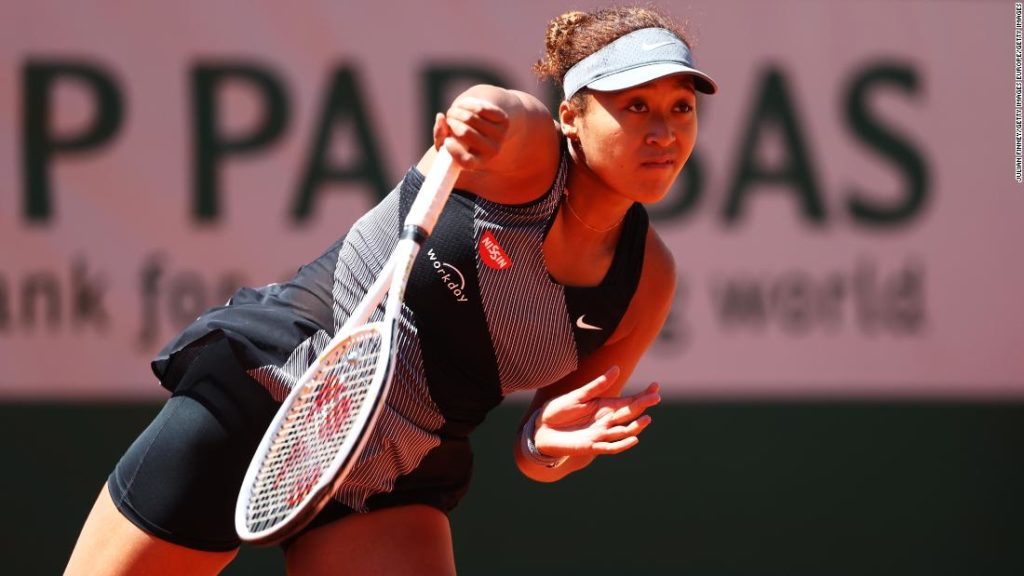She has since revealed that she “suffered long bouts of depression” after winning her first grand slam title in 2018.
During her post-match media conference 23-time grand slam champion Serena Williams said: “The only thing I feel is that I feel for Naomi. I feel like I wish I could give her a hug because I know what it’s like. Like I said, I’ve been in those positions.”
However, other tennis stars have said media duties are part and parcel of the job.
“Press and players and the tournaments comes hand-in-hand,” two-time grand slam champion Victoria Azarenka said. “I think it’s very important in developing our sport, in promoting our sport.”
She added that there were moments when the media needed to be more empathetic.
World No. 5 Sofia Kenin acknowledged the pressures of being a young athlete in the spotlight, but said, “This is what you signed up for.”
“This is sport. There’s expectations from the outside, sponsors and everyone. You just have to somehow manage it,” Kenin added.
An outdated practice?
Osaka’s withdrawal has sparked questions about the relationship athletes have with the media, and whether or not press conferences operate at the expense of their mental health.
“I am not a natural public speaker and get huge waves of anxiety before I speak to the world’s media,” Osaka said in her statement online.
Other journalists took a less sympathetic stance.
“The immaturity, preciousness and hypocrisy of Naomi Osaka leaves me speechless,” wrote Will Swanton in the Australian.
“Having told everyone to speak out against the injustices of this world, she’s decided to clam up, refusing to do press conferences at the French Open … while being happy enough to pocket the millions of dollars in prize money being offered by the very tournament and government body she’s flipping the bird to.”
Traditional press in the age of social media
Osaka’s withdrawal also poses a wider debate of whether or not athletes still need traditional media in the age of social media.
Press conferences and other long-established media environments are no longer the only way for athletes to get their voice out there, with online platforms creating an avenue for players to communicate directly with fans, and control their own narrative.
You may also like
-
Super League: UEFA forced to drop disciplinary proceedings against remaining clubs
-
Simone Biles says she ‘should have quit way before Tokyo’
-
Kyrie Irving: NBA star the latest to withhold vaccination status
-
Roger Hunt: English football mourns death of Liverpool striker and World Cup winner
-
‘Every single time I lift the bar, I’m just lifting my country up’: Shiva Karout’s quest for powerlifting glory

